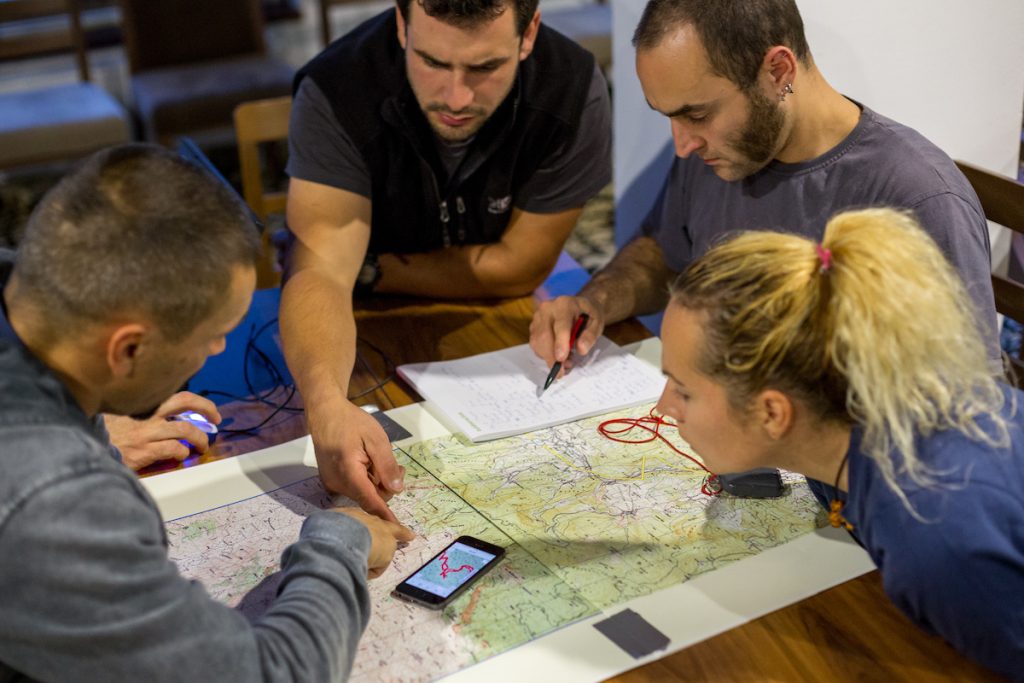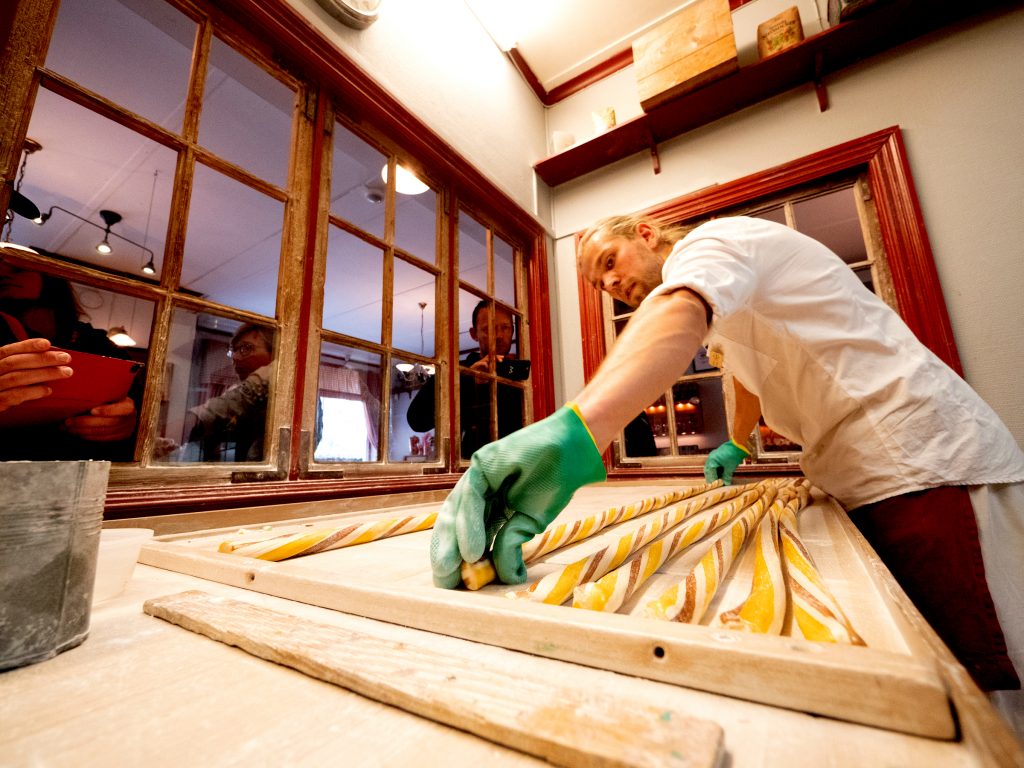The Adventure Travel Trade Association (ATTA) works diligently to keep its finger on the pulse of the industry and trends that shape the future of travel. As a result, its AdventureEDU programming has undergone significant change in the last year. ATN invited the Director of Knowledge & AdventureEDU, Milena Nikolova, to discuss what’s different.
ATN:What is AdventureEDU and why was it important for the ATTA to expand it?
M. Nikolova: AdventureEDU programs enable companies, entrepreneurs, destination professionals and future leaders to succeed in the global adventure travel market. Our industry is complex and fast-paced, and success requires a solid understanding of market dynamics. AdventureEDU programs help participants become market-prepared by exposing them to hands-on solutions and tools relevant to their daily professional realities. AdventureEDU educators are also entrepreneurs or founders and leaders of successful adventure companies.
The ATTA is a mission-driven organisation. We want to help our community deliver experiences that protect natural and cultural capital while creating shared economic value. That’s not easy to do, so members of the adventure travel industry and the larger travel industry need targeted knowledge, solutions and tools. AdventureEDU provides those things.

ATN: What are the top three most important changes to AdventureEDU?
M. Nikolova: First, our portfolio is much broader and more diverse. We now have very current sustainability content that equips destinations and individual operators to improve the environmental footprint of their businesses right away. We can now help adventure companies learn how to design experiential and even transformational itineraries. We can help destinations diversify their portfolios by focusing on specific experiences such as culinary journeys or wildlife experiences. We’ve added some specific business topics such as smart pricing. We’ve also expanded our content to meet the needs of both early-stage destinations just starting to explore adventure travel, as well as destinations that are already leaders in the market.
The second important change is that we’ve added content that responds directly to current industry trends. One illustration of that is the action-oriented content on sustainability that helps adventure companies and destinations address issues such as single-use plastics, the uneven spread of tourism benefits, the disconnect with local community, and the climate crisis. We have a new program called DestinationSMART, which helps destinations avoid the threat of overtourism and embrace innovation-driven tactics that ensure that tourism stays net-positive.
Also, the rising need for consistent and reliable safety practices encouraged us to create a special three-day program that takes adventure companies through the necessary steps to integrate core risk management processes.
The third aspect relates to our desire to make the program as flexible as possible, so we could customise and adjust to the destination’s needs. Our team works with partners to take the pulse of the destination where we are to deliver an AdventureEDU program, so we can offer the best path to real market preparedness. Say, for example, a destination has experience with adventure travel but wants to diversify its offerings and elevate its public presence. We could compile a program that introduces advanced experience design tactics and emphasises the introductory principles of working with travel media.
ATN: You talk a lot about experiential learning and hands-on sessions. Why is that?
M. Nikolova: Yes, contemporary learning needs to be reality-based and engaging. In addition to focusing our programs on the practical aspects of succeeding in the industry, we use small group activities to facilitate learning by doing. An example is our new Safety Management Systems program. It combines learning the principles of safety management with actual application of specific safety tools.

ATN: Tell us more about the educators AdventureEDU uses?
M. Nikolova: That’s the real power of AdventureEDU — our growing network of educators. It includes people who are veterans in the industry and have been successful company owners or experts for decades. We also work with young professionals who are on top of the wave of current trends and solutions. We want to find the best fit between educator team and destination or operator to ensure that participants receive just what they need.
Learn more about AdventureEDU
